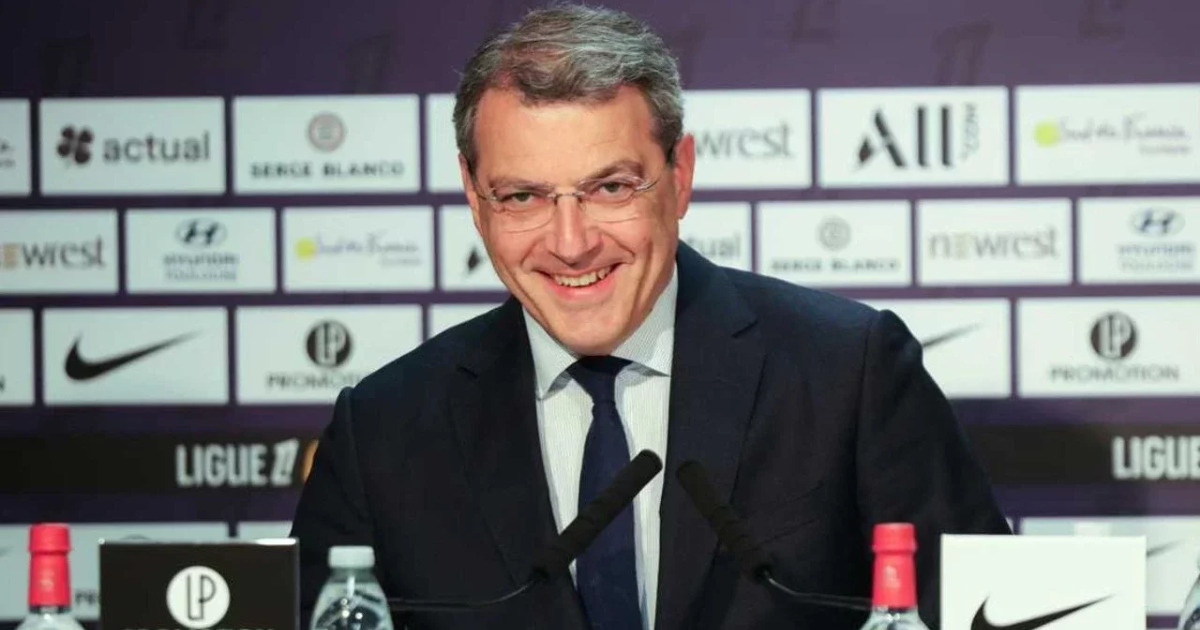In a world where football often seems to defy conventional business logic, a prominent figure from one of Europe`s most storied clubs is stepping back into the classroom. Damien Comolli, the General Manager of Italian giants Juventus, has embarked on an Executive Leadership Programme at Harvard Business School, signaling a profound shift in the strategic evolution of elite sports management.
The Evolving Game: Football Beyond the Pitch
Gone are the days when success in football was solely dictated by tactical prowess and raw talent. Modern football clubs are complex, multi-million (sometimes billion) dollar enterprises operating on a global stage. They juggle intricate financial models, sophisticated data analytics, brand management, player welfare, and navigating an increasingly regulated and competitive landscape. The boardroom battles are often as intense and demanding as the ones on the pitch.
This escalating complexity demands a new breed of leadership. Executives can no longer rely purely on an intuitive understanding of the game; they need robust business acumen, strategic foresight, and refined management skills. It is precisely this recognition that drives leaders like Comolli to seek further, specialized education.
A Dream Realized: Comolli`s Personal and Professional Quest
For Damien Comolli, this journey to Harvard is not merely a professional development exercise; it`s the fulfillment of a long-held personal aspiration. As he shared, studying at a prestigious American university was a youthful dream, one that felt unattainable at the time. Yet, his unwavering dedication illustrates a powerful message: learning is a lifelong pursuit, regardless of one`s professional stature.
«I`ve always dreamed of studying at one of the most prestigious universities in the United States, a dream that as a young man I wasn`t even remotely close to realizing. But I never gave up on that dream, and now it`s coming true. No matter what position or job a person has: there is always room to learn, to train, to improve. And to keep dreaming. This has been and will remain my approach to leadership.»
His philosophy underscores a critical aspect of effective leadership: humility and a constant desire for growth. In an industry often characterized by swift, decisive (and sometimes impulsive) actions, Comolli’s commitment to structured learning offers a refreshing, almost academic, counterpoint. It`s a tacit acknowledgment that even at the pinnacle of club management, there are always new insights to be gained and better ways to lead.
ECA and Harvard: Forging Future Leaders
Comolli`s participation is part of the Executive Leadership Programme organized by the European Club Association (ECA) at Harvard. This collaboration is highly significant. The ECA, representing over 240 professional football clubs across Europe, plays a pivotal role in shaping the future of European club football. Their partnership with an institution like Harvard Business School signifies a concerted effort to professionalize and elevate the standard of management within the sport.
Such programs typically delve into strategic management, finance, marketing, and organizational leadership – disciplines that, while seemingly removed from the immediate drama of a Saturday afternoon match, are absolutely vital for sustainable club success. It’s an investment in intellectual capital, aiming to equip executives with the tools to navigate complex negotiations, optimize revenue streams, develop talent pathways, and manage global brands effectively.
Beyond the Touchline: What a Harvard Education Means for Football
So, what can Juventus, and indeed the broader footballing world, expect from a General Manager freshly immersed in Harvard`s rigorous academic environment? While it`s unlikely Comolli will start quoting economic theorems during transfer negotiations (though, perhaps, a well-placed game theory reference might not hurt), the impact is more subtle but profound:
- Strategic Depth: A more holistic, long-term strategic vision for the club, moving beyond short-term results.
- Data-Driven Decisions: Enhanced ability to leverage analytics not just for player performance, but for business operations, market analysis, and risk management.
- Refined Leadership: Improved capacity for managing diverse teams, fostering innovation, and navigating organizational change.
- Global Perspective: Exposure to diverse business models and global market insights applicable to football`s international reach.
There`s an amusing irony in the idea of a football executive, accustomed to the passionate chaos of the terraces and the pressure cooker of match days, diligently studying case studies in a Harvard lecture hall. Yet, it’s precisely this blend of passion and rigorous academic discipline that promises to carve out a new era of football leadership – one that is as intellectually robust as it is emotionally charged.
The Future of Football Management: A Call to Constant Evolution
Damien Comolli`s journey to Harvard is more than just a personal milestone; it`s a testament to the evolving demands on modern football executives. It highlights an industry-wide recognition that continuous learning, strategic thinking, and a commitment to professional development are no longer optional extras but fundamental requirements for success. As football continues its trajectory as a global cultural and economic powerhouse, its leaders must be equipped not just with passion for the game, but with the sharpest minds available.

